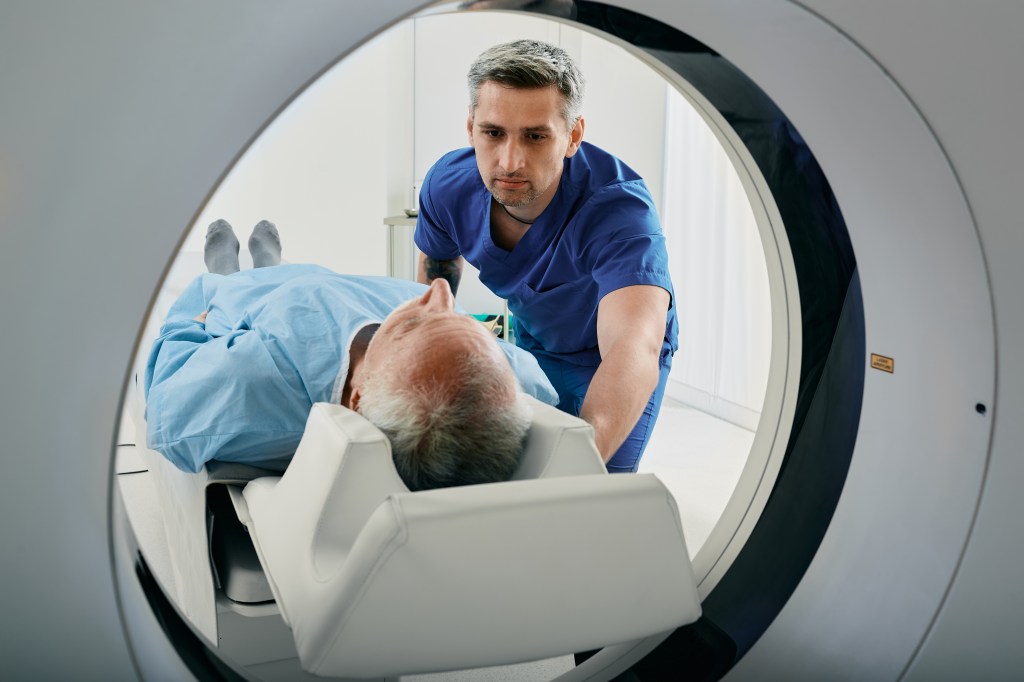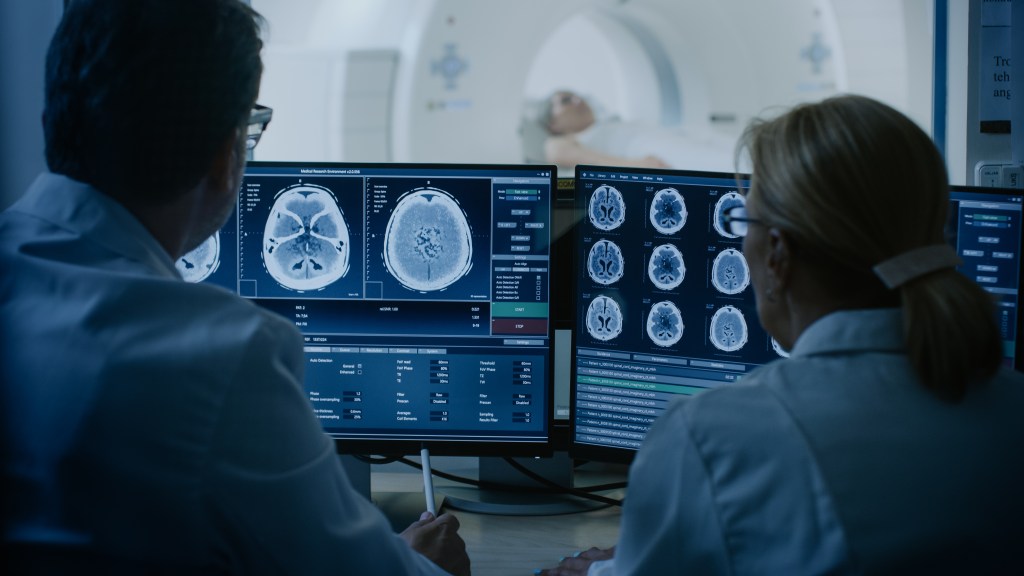While the federal government investigates the epidemic of America’s chronic illness, some experts are warning that a popular diagnostic remedy may be a contributing factor.
CT scans, a movement to diagnose everything, from tumors to infections to bone fractures, are facing increased control. Experts say the radiation doses they give can change dramatically – and often exceed what is needed.
“Many patients still routinely take the doses of radiation two or three times what they need,” said Dr. Rebecca Smith-Bindman, a professor at the University of California-San Francisco Medical School. “This will lead to cancer to a small percentage of patients, approximately 36,000 cancers each year.”

What are CT scans?
Computerized tomography is a medical image procedure that uses X-rays to create detailed, three-dimensional body images.
Yeardo, about 93 million CT scans are carried out in the US, from only 3 million in 1980. Growth is not accidental – these machines have revolutionized diagnosis, reducing the need for invasive procedures as exploratory operations for Harvard Health.
Despite increasing their use, experts warn that CT scan doses differ greatly between clinics, with little supervision. A car can expose a patient to 10 or 15 times more radiation than another, according to NBC News.
“It’S’S’S UPPROFIED,” Smith-Bindman told NBC. “We continue to do more and more CT, and the doses continue to grow.”
Researchers have also noted that American doctors order much more images than doctors in other parts of the world, arguing that some of them are unnecessary and potentially dangerous.
What are the risks of CT scans?
CT scans use ionizing radiation, which can damage DNA. While most damage is repaired by cells, some errors can cause DNA mutations, potentially leading to street cancer.
The risk of life cancer from CT scans is generally considered low, but research suggests increased risk for patients undergoing multiple life scans.

One study found that the risk of life cancer from CT scans in a group of over 31,000 patients over 22 years was only 0.7% higher than 45% of the total population. But for those who underwent many scans, the risk increased, ranging from 2.7% to 12%.
Children are particularly vulnerable to the effects of ionizing radiation. A large international study found that people who had at least one CT scan before the age of 22 are at a significant risk of developing blood cancers, especially including lymphoid and myeloid cancers, as well as acute leukemia.
Repeated scans of head CT during childhood have also been associated with a slight increase in the risk of developing a brain tumor later in life due to exposure to radiation.
In a historic 2009 study, researchers estimated that CT scans were responsible for about 2% of all US cancer cases diagnosed each year. However, NBC notes that the real number is likely after the number of scans has increased, though radiologists say radiation doses have fallen for scanning.
New Development Radiation Regulations
New Medicare regulations are intended to make CT scans more secure-Pa scared patients away from potentially rescue image tests.
In January, centers for Medicare and Medicaid (CMS) services implemented new rules that require providers to report more detailed information on the levels of radiation emitted by their cars. The instructions, completed in the last extent of the Biden administration, also mandate more strict estimates of CT scan doses, quality and necessity.
Requirements will be phase over the next three years for hospitals, outpatient centers and doctors across the country. By 2027, non -compliant providers can face financial penalties.
When the Biden administration announced the changes, a CMS spokesman told NBC News that excessive radiation exposure is a health risk that can be resolved through better measurement and feedback for health care providers.
“No one deliberately harms their patients; They simply did not pay attention to the dose of radiation, ”said Smith-Bindman, who worked with CMS to develop research solutions aimed at better measurement and evaluation of CT scanning effects.
“The measure sets out a clear standard for any type of scan with dose and quality, and CMS offers stimuli to achieve those goals,” she added. “Clinics can exceed those objectives if they consider it necessary; The measure simply provides them with a way to evaluate their performance. “
#Ordinary #medical #test #cancer #due #indestructible #error
Image Source : nypost.com